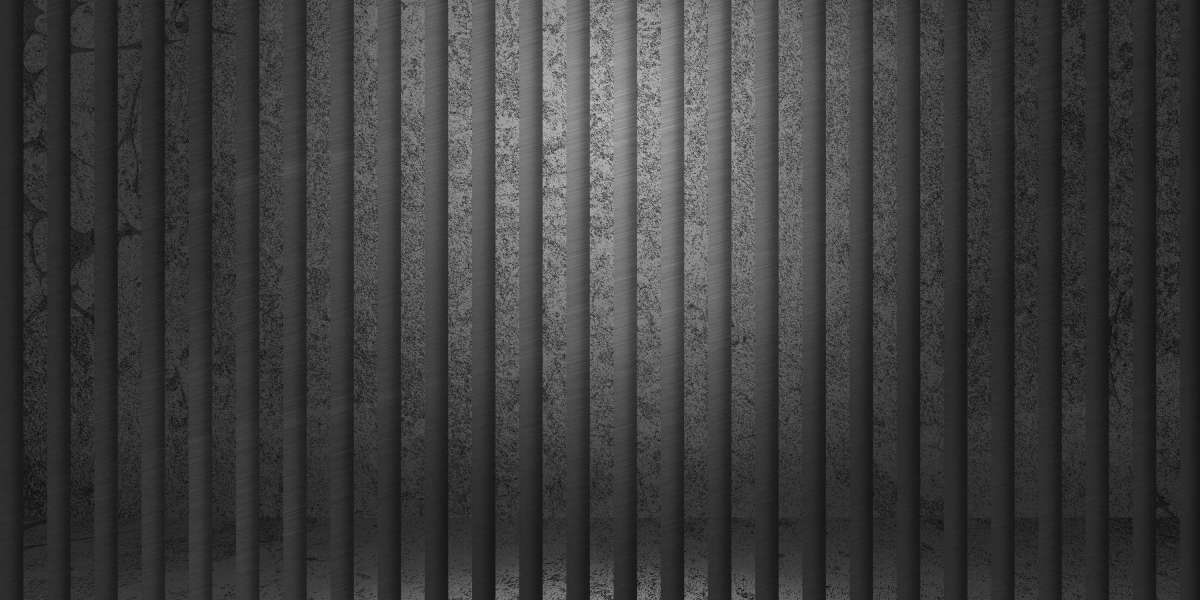In the world of hygiene and health, wipes have become a convenient go-to solution. Whether you’re cleaning your hands, disinfecting a surface, or treating a small wound, you’ve likely reached for a wipe at some point. But not all wipes are created equal. One of the most common confusions people face is the difference between antiseptic wipes and alcohol wipes. While both are designed to kill germs, their ingredients, uses, and effectiveness can vary greatly. Understanding these distinctions helps you choose the right product for your needs.
Understanding Antiseptic Wipes
Antiseptic wipes are designed primarily for cleaning skin and preventing infections. They contain antimicrobial agents such as benzalkonium chloride (BZK), chlorhexidine, or povidone-iodine, which work by destroying or inhibiting bacteria and viruses on the skin. These wipes are often alcohol-free, making them gentler and less irritating—ideal for people with sensitive skin or children.
In healthcare, antiseptic wipes are widely used to clean wounds before dressing and to disinfect skin before injections or minor medical procedures. Their non-stinging formula makes them more comfortable for patients, particularly in situations where frequent application is required.
Moreover, because they do not contain alcohol, antiseptic wipes are less likely to dry out the skin. This makes them suitable for routine hygiene in workplaces, schools, and households where skin contact is frequent.
Understanding Alcohol Wipes
Alcohol wipes, on the other hand, rely on isopropyl alcohol (IPA) or ethyl alcohol as their active ingredient. These wipes are highly effective in rapidly killing bacteria, viruses, and fungi by breaking down their cell walls. Typically, alcohol wipes contain 70% alcohol, a concentration proven effective by health authorities like the CDC for disinfecting surfaces and skin.
These wipes are particularly valued for their fast-drying property and broad-spectrum germicidal activity. They are commonly used in medical facilities, laboratories, and even homes for cleaning thermometers, injection sites, and small equipment. However, because alcohol can be harsh, frequent use may cause skin dryness or irritation.
For surface cleaning—especially in environments like hospitals, gyms, and offices—alcohol wipes provide strong and immediate disinfection power, which is why they are often recommended for high-touch areas such as door handles, keyboards, and mobile phones.
Key Differences Between Antiseptic and Alcohol Wipes
While both antiseptic and alcohol wipes share the goal of killing germs, they differ significantly in composition, purpose, and effect.
| Feature | Antiseptic Wipes | Alcohol Wipes |
|---|---|---|
| Main Ingredient | Benzalkonium Chloride (BZK), Chlorhexidine | Isopropyl or Ethyl Alcohol |
| Primary Use | Cleaning skin, wound care, sensitive areas | Disinfecting surfaces and skin before procedures |
| Effectiveness | Kills bacteria and some viruses slowly | Kills a wide range of germs instantly |
| Skin Sensitivity | Gentle and less drying | May cause dryness or irritation |
| Drying Time | Takes longer to evaporate | Dries quickly |
| Smell | Mild or fragrance-free | Strong alcohol scent |
| Best For | Sensitive skin, frequent cleaning | Rapid disinfection and medical prep |
In essence, antiseptic wipes are ideal for situations where comfort and skin safety matter most, while alcohol wipes excel in speed and disinfection strength.
When to Use Antiseptic Wipes
Antiseptic wipes shine in personal care and first aid. They are great for:
Cleaning minor cuts, scrapes, or burns
Prepping skin before applying creams or bandages
Daily hand hygiene, especially for children or sensitive skin
Post-gym cleaning when soap and water aren’t available
Because they are mild and non-drying, they can be used several times a day without causing irritation. For people with eczema, allergies, or compromised skin barriers, antiseptic wipes are often a better option than alcohol-based alternatives.
When to Use Alcohol Wipes
Alcohol wipes are the go-to choice when rapid disinfection is needed. Common uses include:
Sterilizing medical equipment like thermometers or tweezers
Cleaning injection sites before giving shots or blood tests
Disinfecting surfaces like countertops, door handles, or phones
Sanitizing hands during travel or emergencies
In healthcare settings, alcohol wipes are favored for their speed and effectiveness. However, due to their drying nature, it’s wise to follow up with a moisturizer or alternate with gentler wipes when cleaning skin frequently.
Pros and Cons of Each Type
Antiseptic Wipes – Pros:
✅ Gentle on skin
✅ Alcohol-free, less drying
✅ Suitable for frequent use
✅ Ideal for wound care and sensitive areas
Antiseptic Wipes – Cons:
❌ May work slower against some viruses
❌ Can leave slight residue
❌ Less effective on heavily contaminated surfaces
Alcohol Wipes – Pros:
✅ Kills a wide range of germs instantly
✅ Dries quickly, no residue
✅ Excellent for medical and surface disinfection
Alcohol Wipes – Cons:
❌ Can irritate or dry skin
❌ Flammable—should not be used near heat
❌ Strong odor
Both types serve essential roles, and understanding their strengths ensures you get the best results for your specific situation.
Which One Is Right for You?
Choosing between antiseptic wipes and alcohol wipes depends on your purpose. If you need gentle cleaning for skin or wounds, antiseptic wipes are safer and more comfortable. But if you’re targeting rapid surface disinfection or pre-injection prep, alcohol wipes are the more effective choice.
For homes, keeping both on hand can be practical—use antiseptic wipes for personal hygiene and alcohol wipes for surface sanitization. In the long run, combining both ensures complete protection without compromising comfort.














